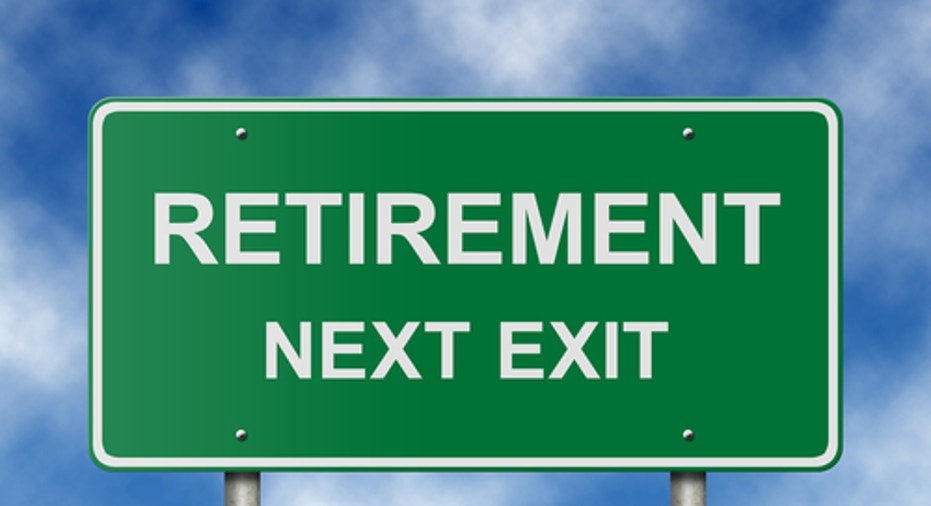Poor Retirement Planning Causes Misery Later

Everyone dreams of a good retirement, yet experts warn that few of today's workers actually will achieve that goal. Study after study shows Americans of all ages are woefully underprepared for the financial challenges of their golden years.
Linda Burilovich, a professor in the Department of Accounting and Finance at Eastern Michigan University in Ypsilanti, says a lack of retirement planning is the chief contributor to this grim reality. People who get their financial house in order early stand the best chance of saving enough to retire comfortably. But even late starters can make powerful strides toward a secure retirement.
Burilovich outlines her thoughts in the following interview.
America's retirement crisis is well-documented in studies and surveys that come out every week. Why do you suppose this is a problem? Is it due to Americans' penchant to spend rather than save?
It is true that we Americans are inclined to live above our means, and on the surface we could say that a lack of savings does contribute to the retirement crisis. The underlying issue, however, is a lack of planning.
A good financial plan focused on individual retirement objectives forces an individual to consider what amount of income will be necessary to fund their standard of living during retirement years, and also quantifies the amount of savings that will be necessary over the long term. A good plan includes estimates of future inflation rates, the expected rate of return on savings, life expectancy, and current and future income expected during one's working years.
Retirement funding is often referred to as a "three-legged" stool that consists of Social Security, employer-sponsored retirement plans and personal savings. Many individuals find it convenient to simply rely on the first two elements because they do not require personal discipline. This is a part of the crisis you refer to -- often, Social Security and employer pension benefits are not sufficient to support us during retirement years. Planned personal savings can make a world of difference in sustaining us during our nonworking years.
What can Americans do to improve their retirement prospects at various points in their careers?
The most important advice with respect to retirement saving is to start early. It can be difficult to impress upon young people the great advantage of saving in the early stages of their career. Today's young workers have excellent savings opportunities through tax-deferred accounts such as (individual retirement accounts), Roth IRAs and 401(k)s.
My students are often impressed with the calculation of the accumulated balance of an IRA -- with a 6% return and maximum contributions over a 45-year career, the final balance will be approximately $1 million.
It can be difficult for a young family to save on a regular basis, but it is never too late for those who get a late start. The current maximum 401(k) contribution of $17,000 is increased to $22,500 for workers 50 years and older. Ten years of savings at this maximum with a 6% return can provide an additional $300,000 of retirement savings.
There's been a lot of talk lately about the demographic shift in America and other developed countries. Because of the shift to an aging population in the U.S., Japan and some countries in Europe, an economic slowdown is forecast there. Do you think the two go hand in hand?
That's difficult to answer with any precision. In the U.S., we tend to provide incentives for people to work beyond normal retirement age. For example, Social Security benefits are significantly increased when a worker delays the start of his benefits to age 70. Age-discrimination rules prevent employers from imposing a mandatory retirement age in their qualified pension plans.
More and more private companies are offering phased retirement, which can extend the work life of an aging worker. In 2008, the U.S. Census Bureau reported that approximately 15% of the population over age 65 was employed or seeking employment.
My point is that even though we have an aging population, we encourage continued productivity. And the more we can extend the work life of our population, the less concerned I would be about an economic slowdown caused by this population shift.
Should Americans invest retirement money more in emerging markets than they have in the past, since countries that are not yet mature have more growth potential?
I believe your question is really about risk. It is a pretty standard rule that as we near retirement, it is preferable to shift investments into less-risky assets. While it is fundamental that we expect a higher return with a greater risk, it is the length of the investment horizon that should drive our choice in our retirement portfolio.
A young worker with a long investment horizon will have the time to recover from significant losses and is better able to tolerate risky investments. Members of the baby boomer generation, who are at or near retirement age, would be ill-advised to risk significant portions of their retirement portfolio in such investments.
There is no ideal measure of risk level in retirement planning, and that's because it can be a matter of personal preference. For most people, a good investment (adviser) or financial adviser can assist in rebalancing their investments appropriately as they approach retirement age.
We would like to thank Linda Burilovich, a professor in the Department of Accounting and Finance at Eastern Michigan University in Ypsilanti, for her insights. Questions for this interview were contributed by Barbara Whelehan, assistant managing editor for Bankrate.com.
Copyright 2013, Bankrate Inc.



















